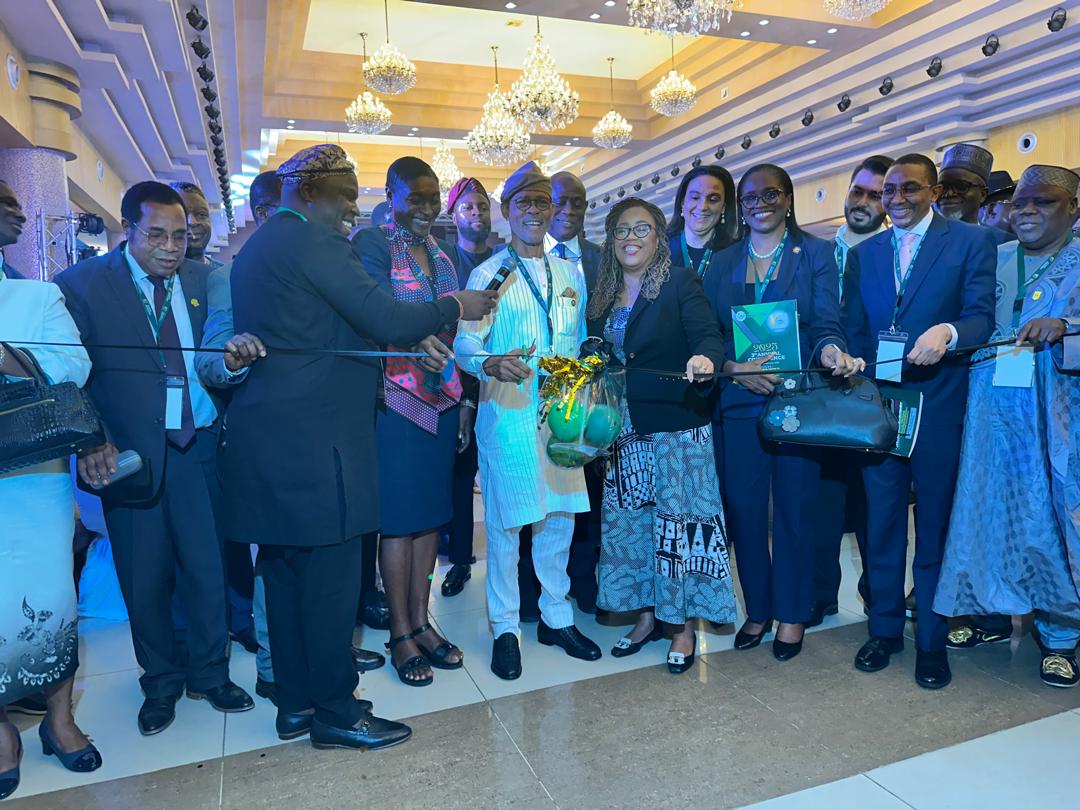The Healthcare Federation of Nigeria (HFN) has said that Nigeria is steadily positioning itself as a key destination for medical tourism.
HFN President, Dr Pamela Ajayi, stated this on Thursday at the 2025 3rd annual conference themed Expanding Access to Quality Care: Transforming Nigeria through Innovation, Partnership, and Sustainability.
Ajayi noted that while Nigeria’s healthcare sector has made notable progress, significant challenges remain, including inadequate infrastructure, financing gaps, and regulatory concerns.
“Nigeria has the potential to become a hub for medical excellence, but to achieve this, we must invest in our own industry. The private sector is already making strides in bridging gaps, and we must continue to push for innovation, partnerships, and sustainability.
READ ALSO: HFN stages health walk, pushes for healthcare reforms, blood donation
“In addition, Nigeria is emerging as a leading destination for medical tourism, with Lagos at the forefront of this transformation,” she said.
“Over the past few years, several centres of excellence have been established, offering world-class medical services in specialties such as cardiology, oncology, orthopaedics, and fertility treatments.”
She also urged Nigerians to support local drug manufacturers and medical equipment producers instead of relying on cheaper imports.

The National Coordinator of the Presidential Initiative for Unlocking the Healthcare Value Chain (PVAC), Dr Abdul Mukhtar, stressed that reducing outbound medical tourism should be a national priority.
“In Nigeria today, we spend between $1 billion and $2 billion every year on outbound medical tourism. This is money that should be invested in strengthening our healthcare system. We must develop quality healthcare infrastructure and diagnostic facilities to encourage Nigerians to seek treatment at home,” Mukhtar said.
He added that increasing the local production of medicines and vaccines is a key government target, as Nigeria currently imports about 80 per cent of its medical supplies.
Former Lead of the Health in Africa Initiative at the World Bank, Prof. Khama Rogo, emphasised that Nigeria’s large population gives it a competitive advantage, but the country is not moving fast enough to capitalise on its healthcare potential.
“Nigeria has a market that can sustain its healthcare industry without looking beyond its borders, yet the country is still lagging. It is painful to see Nigerians travel to Dubai or London for treatment, only to meet fellow Nigerians as their doctors,” he said.
Rogo traced the history of healthcare in Africa, stating that the modern system was built by private and faith-based institutions before governments took over. He urged Nigeria to strengthen the role of private healthcare providers instead of relying solely on the public sector.
The Director General of NAFDAC, Prof. Mojisola Adeyeye, also stressed the importance of regulatory innovation and partnerships in boosting Nigeria’s healthcare system.
“Transforming healthcare through regulatory innovation is crucial. We have implemented global best practices and strengthened partnerships to ensure the availability of safe, high-quality, and locally manufactured medicines,” she said.
She also revealed that NAFDAC has successfully enforced stricter policies on counterfeit drugs, facilitated the establishment of new pharmaceutical plants, and introduced traceability systems to monitor medical supply chains.
Experts at the conference agreed that with proper investment and strategic reforms, Nigeria could become a leading destination for medical care in Africa, reducing the need for outbound medical tourism and improving healthcare access for its citizens.






